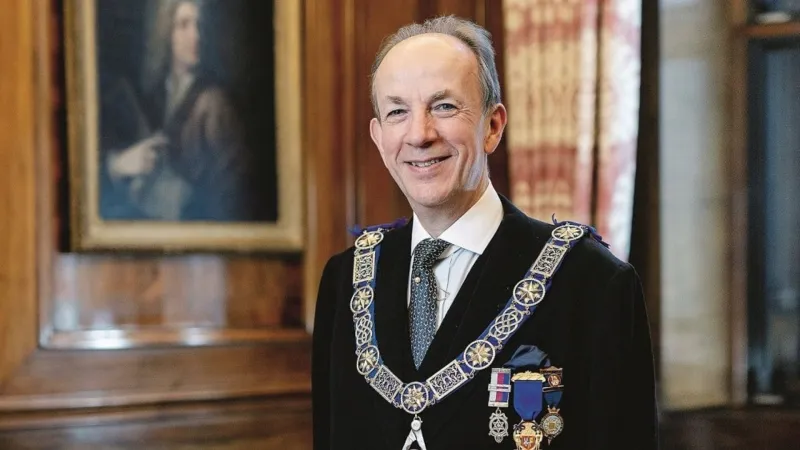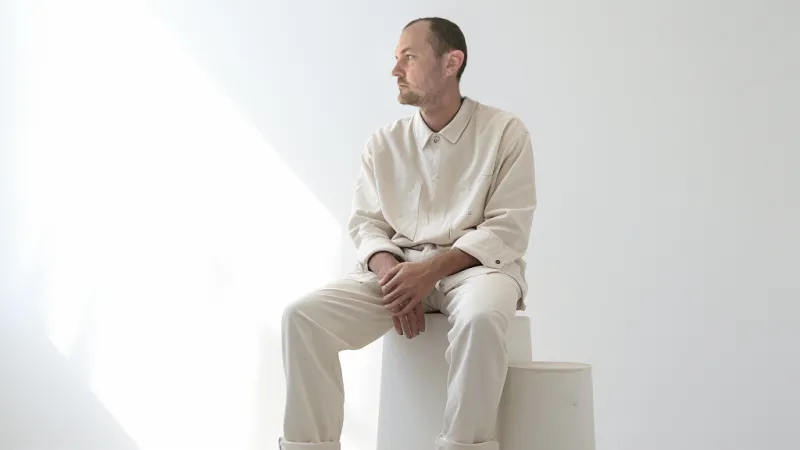Cricket Knights
Black History Month is celebrated every October in the UK and is a month full of events and awareness raising, as well as giving recognition to key figures in Black History.
At the United Grand Lodge of England we aspire to celebrate the diversity of our membership and the inclusivity of Freemasonry. Museum of Freemasonry Librarian Martin Cherry explored some famous black Freemasons to help us celebrate Black History Month by sharing their story and Freemasonry journey.
In 1948, three young West Indian cricketers made their test match debuts in a series against England in the Caribbean, their names were Frank Worrell, Clyde Walcott and Everton Weekes. All three were born between 1924 and 1926 in Bridgetown, Barbados, and all were brilliant batsmen who would collectively be known as the “Three Ws” and all would eventually be knighted for their services to cricket. Sir Frank Worrell and Sir Clyde Walcott were both Freemasons.
Frank Worrell
Frank Worrell was a colossus of world cricket when he tragically died of leukaemia in 1967. A right handed batsman and left handed bowler, Worrell initially played for his home island Barbados before relocating to Jamaica. West Indies cricket drew from countries all over the Caribbean and up until 1959, as a legacy of colonialism, they were led by a white captain. In 1960, the Trinidadian writer and Marxist, C.L.R. James successfully led a campaign to have Frank Worrell installed as the West Indies’ first black captain, a position he held from 1960 until 1963. His first job as captain was to unite the players, who tended to fall into cliques based on which island they hailed from. With his calm personality and his sense of fair play, Worrell achieved this and his record as captain was impressive with nine wins and only three losses in the fifteen tests with him in charge.
Worrell became a Freemason in 1954 when he was initiated in Sussex Lodge No. 354, Kingston, Jamaica and remained a member until his death. He was raised to Third Degree of Master Mason, at Sussex Lodge’s request, by Lodge of Faith No. 344 in Radcliffe, Lancashire. Worrell had been playing as the professional for Radcliffe Cricket Club in the Lancashire League since 1948 and also read economics at Manchester University. In 1961, whilst still playing, he became the Warden of Irvine Hall, University of the West Indies, which was the profession listed when he was exalted into Royal Arch masonry in Sussex Chapter in 1962. When Jamaica became independent that same year, Jamaican Prime Minister Alexander Bustamante appointed him to the Jamaican Senate. Worrell was knighted in 1964 but only lived until the age of 42 and he is buried at the University of the West Indies campus in Barbados. A memorial service was held for Sir Frank at Westminster Abbey, the first one to be held for a professional sportsman.
Clyde Walcott
Clyde Walcott started playing professional cricket for Barbados in 1942, as a 16 year-old school boy. He quickly developed a reputation as a hard hitting middle order batsman, averaging 56 in first class cricket for Barbados and from 1954, British Guiana (now Guyana). As a test cricketer, he also averaged 56 as a batsman in 44 test matches between 1948 and 1960. He was a talented wicket keeper, taking 53 catches and 11 stumpings in test cricket. Like Frank Worrell, Walcott came to England to play in the Lancashire League, breaking all the batting records with Enfield Cricket Club in Accrington between 1951 and 1954.
Clyde Walcott was initiated in Mount Olive Lodge No. 385, Georgetown, Guyana in 1955, just a year before the Lodge celebrated its’ centenary. It is ironic that the 19th century founders of both Mount Olive and Sussex Lodge were white merchants and plantation owners, the antithesis of the “Three Ws”. Walcott, who resigned his membership of Mount Olive Lodge in 1968, is listed in the United Grand Lodge of England membership registers as a Cricket Administrator, which was interesting because in 1955 he was still a player. When he retired as a player he then served the game as a coach, commentator and administrator until 2000. Knighted in 1994, he was the first non-English and first black Chairman of the International Cricket Council, the governing body of world cricket, then based at Lords Cricket Ground in London. Sir Clyde died in 2006 and like Sir Frank, is buried at the University of the West Indies campus in Barbados, where a memorial to the “Three Ws” overlooks the campus cricket ground.
It would be fascinating to know what drew the two cricket legends to Freemasonry and what they got out of it. Both men were interested in fair play, equality and uniting men from different islands regardless of race and colour, which are ideals not that dissimilar to those of Freemasonry.
For more information about other famous Freemasons visit Freemasons’ Hall, home to Museum of Freemasonry.
Freemasonry is proud to be inclusive no matter your race, sexual orientation or religion, so if this blog post has inspired you then why not find out more about joining Freemasonry today.


